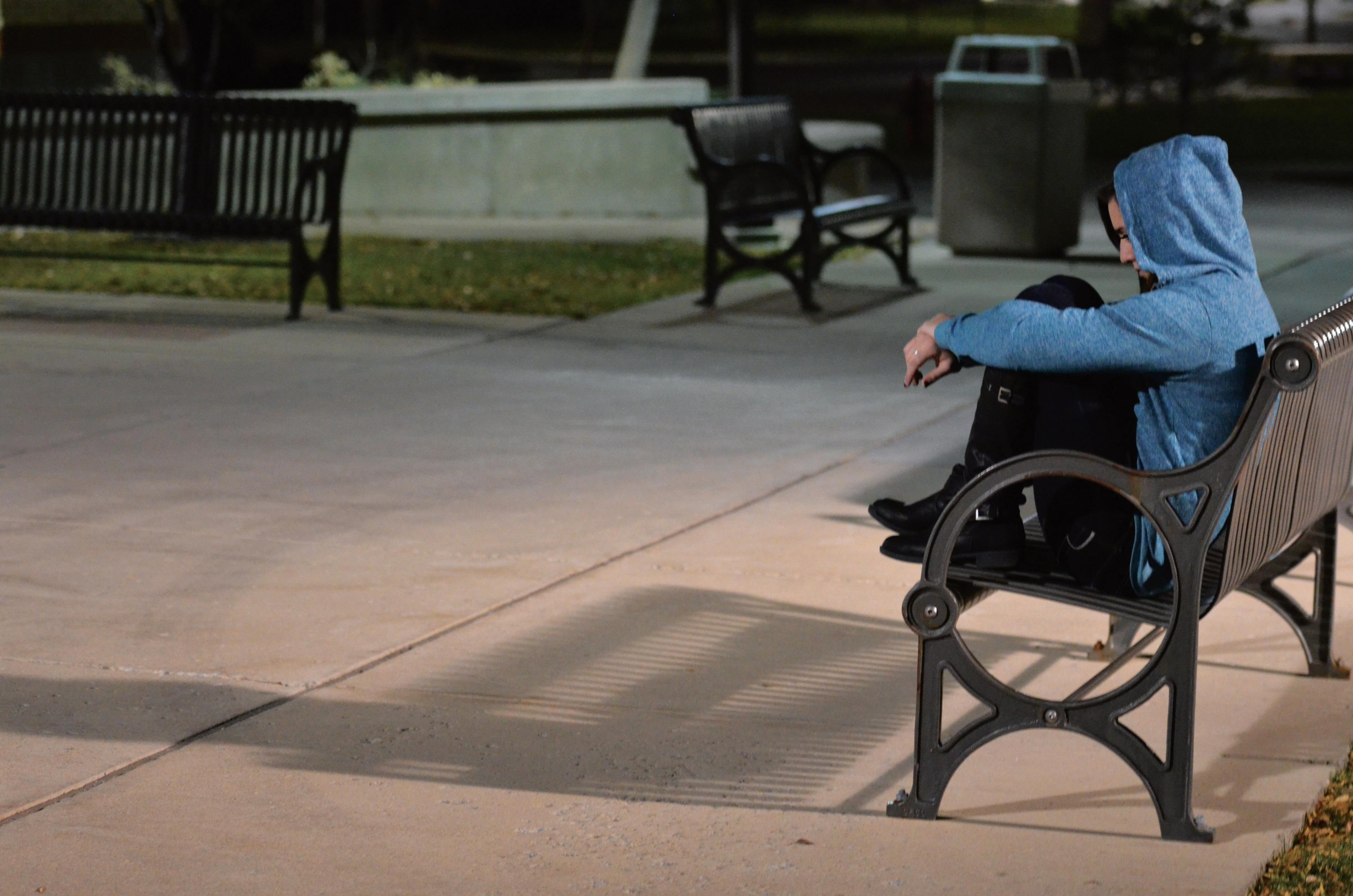Workshop aims to teach students how to deal with relationship loss
At some point, each of us will experience loss, according to Jim Davis, executive director of the Student Health and Wellness Center. For this reason, Counseling and Psychological Services will hold a workshop at 11:30 Thursday in TSC 310B for students dealing with the loss of a relationship.
David Bush, the director of CAPS, said the organization began putting on the event years ago after the death of a student who was very involved on campus. He said the event exists to help people deal with both personal and community tragedies, like the accident that occurred at USU the first day of school this semester.
“We all want to believe that we can control the universe, that bad things don’t happen to good people, but they do,” Bush said. “We feel vulnerable living in a world we don’t control. We hold onto things even though we need to let go and move on. These circumstances force us to accept conditions that we want to deny.”
Bush said one experience fairly common among students is the loss of family members such as parents or grandparents. He said this is often difficult for students because they are so heavily invested in these relationships.
This loss of relationships with family members does not always come as a result of death.
Nicole Vouvalis, USU diversity specialist, said students who “come out” as LGBT to their families often run the risk of losing relationships. Another group of students who face that possibility, according to Vouvalis, are students who “come out” as atheists to religious families. But, she said, there are resources available to those individuals.
“I think the most important thing is that students understand that Counseling and Psychological Services isn’t for students who are ‘messed-up,’ but that it’s a support structure,” Vouvalis said. “They really are the best resource on campus for dealing with loss.”
Tony Flores, program coordinator for the Veterans Resource Office, said student veterans experience loss in some obvious ways, such as someone passing away through training exercises, combat or accidents.
But, he said, there are also less-obvious changes veterans experience.
“There’s that sense of loss of identity,” Flores said. “I can’t speak for everybody, but for a lot of people, it’s a 24-hour-a-day job. Life everyday is your military service, and you can do that for a few years up to 20-plus years. That day when they don’t have to put on that uniform and go to work, there is that sort of loss of identity.”
Flores said in addition to workshops like the one CAPS is putting on, veterans have resources for help, such as militaryonesource.mil and the crisis hotline. But because of the mentality and training of people in the military, he said, many of them adjust more easily by staying “focused on the next objective.”
“You have to keep moving forward,” said Dallas Nutt, a veteran and senior majoring in geology. “Forward progress is better than no progress at all.”
Davis said success is based on resiliency – the ability to adapt to change. He said the college years are when students are subject to more stressors than they have been exposed to in the past, partly because parents are no longer sheltering them.
“Part of parents’ responsibility is to buffer children from change,” Davis said.
He said in a scientific sense, the human body is meant to maintain and restore individuals back to a baseline, called homeostasis, when changes occur. He gave examples such as individuals sweating when they are too warm and feeling the sensation of hunger when they have low blood sugar.
“If we get sad, our body doesn’t have that kind of coping skill,” Davis said. “We mourn and we grieve. It’s not quite the homeostasis that we have in other bodily stations. It’s easy to fall into things that are not good.”
Davis said this workshop helps people form healthier habits as opposed to the nonproductive ones.
The two most common diagnoses in the student health and wellness center are, respectively, depression and anxiety, Davis said, adding he is concerned this generation of students is moving away from core coping and communicative skills because of the increase in technology.
“Social media for me seems to be misnamed because you’re sitting down, looking at the screen,” Davis said. “You can’t see emotion, can’t read facial expression. You lose that social interaction with nonverbal cues.”
He said being prepared for and actually talking about challenges in a shared setting helps students to better tolerate their grief and loss. Bush said students working together can help each other better cope and said he hopes students will feel comfortable sharing with each other.
“That’s one of the things I love about a workshop,” Bush said. “Two heads are better than one. It’s helpful to hear other strategies on dealing with loss.”
He said oftentimes in group therapy sessions like this, students who begin as strangers will feel a strong sense of support by the end.
Getting through the stage of denial is difficult, Bush said, but once students start to face the feelings they have, they can start to forgive, move on and open themselves up to new relationships.
“When it comes down to it, dealing with loss can be best managed by celebrating the positive things that came from the person or item that you lost rather than the loss itself,” Davis said.
Bush said belief systems are another source some people turn to in times of crisis, but challenges can either strengthen their faith or fill them with doubt, he said, depending on the person’s individual view.
“Loss is part of the human experience,” Bush said. “Once we accept that that is part of the teaching process, then we embrace the process and learn to let go. I think we live more courageously.”

